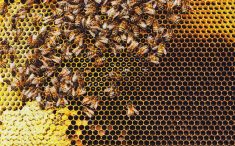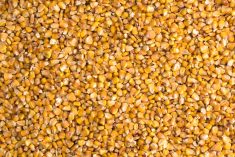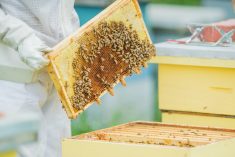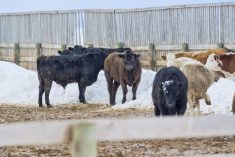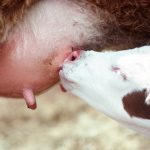Canadian beekeepers are calling for the federal government to reopen the border to the importation of U.S. package honeybees.
Witnesses at a meeting of the House of Commons standing committee on agriculture and agri-food last Wednesday presented recommendations for what the government could do to resolve issues of honeybee health decline and bee mortality.
The most recent risk assessment on the subject was done in 2013. It concluded there was a “high probability of introducing diseases and pests into Canada due to importation of honeybees from the continental United States.”
Read Also
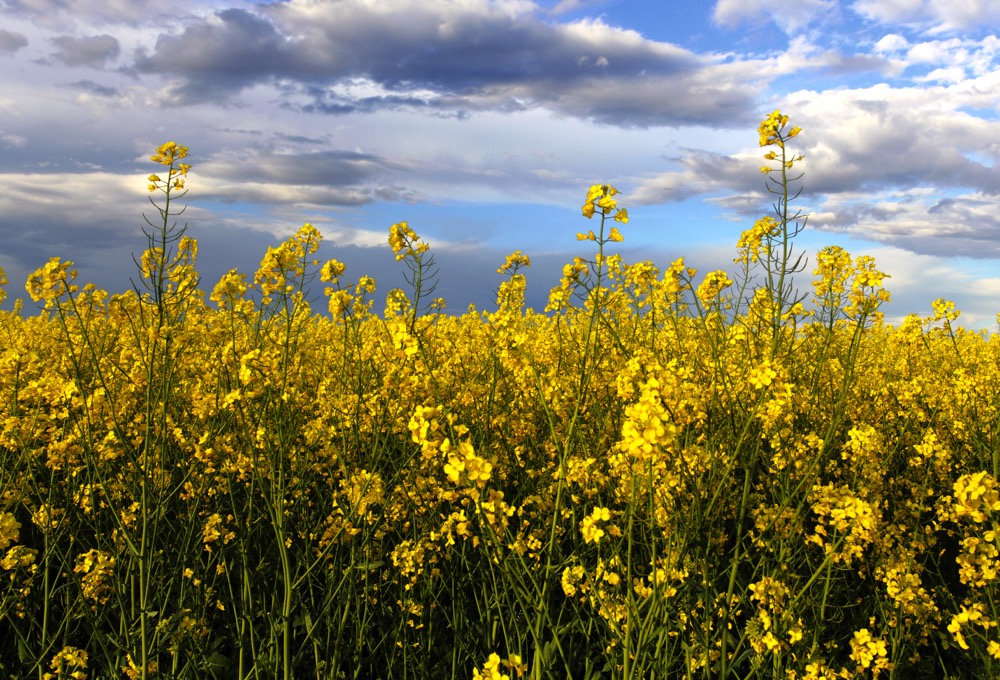
ICE Weekly: No upside for canola if China situation continues: trader
Tony Tryhuk of RBC Dominion Securities said canola should stay rangebound if Canada’s trade war with China continues.
Several of the witnesses said they believe new regulations are needed.
Jeremy Olthof, past-president of the Alberta Beekeepers Commission (ABC), recommended the U.S./Canada border be reopened — specifically to northern California, where many package bees originate from.
He said the 2013 risk assessment was “based on confirmation bias, not fact” according to peer review.
ABC’s Ron Greidanus said in the meeting that the border measures are ineffective at keeping out pests such as varroa mite, as they could easily cross the border on their own.
It’s a “fallacy,” he said, to consider the border as “a wall or a force-field. It is a figment of human imagination; pests and pathogens do not see it.”
Current regulations allow queens to be imported from Hawaii and California, but not package bees. A 2022 report from Agriculture and Agri-Food Canada lists only Australia, New Zealand and Chile as sources of package honeybee imports since 2017.
One of Greidanus’s suggestions for mitigating risks was for Canada to work jointly with the U.S. to develop a North American bee strategy.
The 2013 report identified four main threats: resistant American foulbrood, Amitraz-resistant varroa mite, small hive beetle, and Africanized honeybees.
Greidanus said that resistant American foulbrood and Amitraz-resistant varroa both exist in Canada already, while small hive beetle and Africanized honeybees both fail to establish and thrive in Canada’s climate.
B.C. apiculture specialist Paul Van Westendorp said he endorsed the idea of a new risk assessment. “A lot of things can change in 10 years,” he said.
He also said the 2013 assessment was not universally supported by the scientific community, meaning it may be time for an update.
— Jonah Grignon reports for Glacier FarmMedia from Ottawa.





